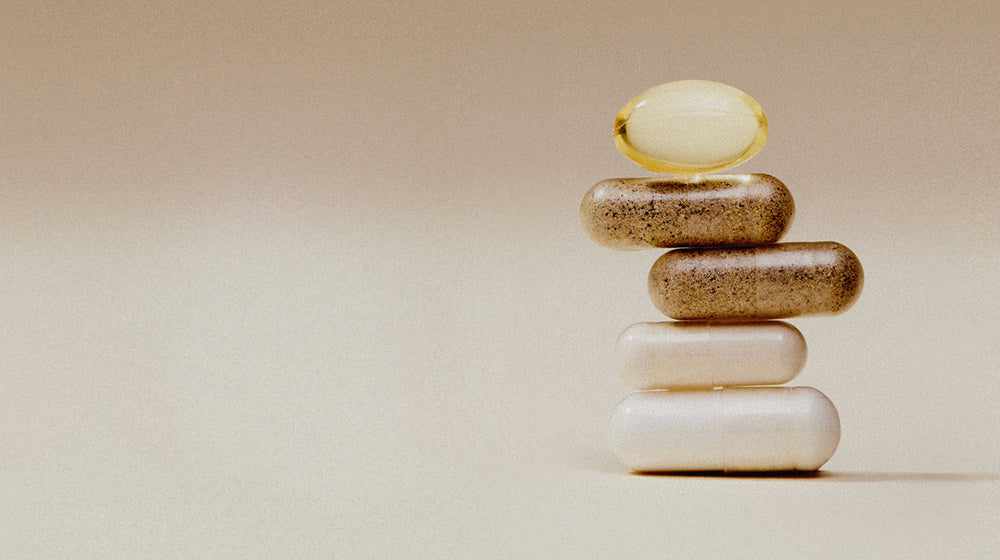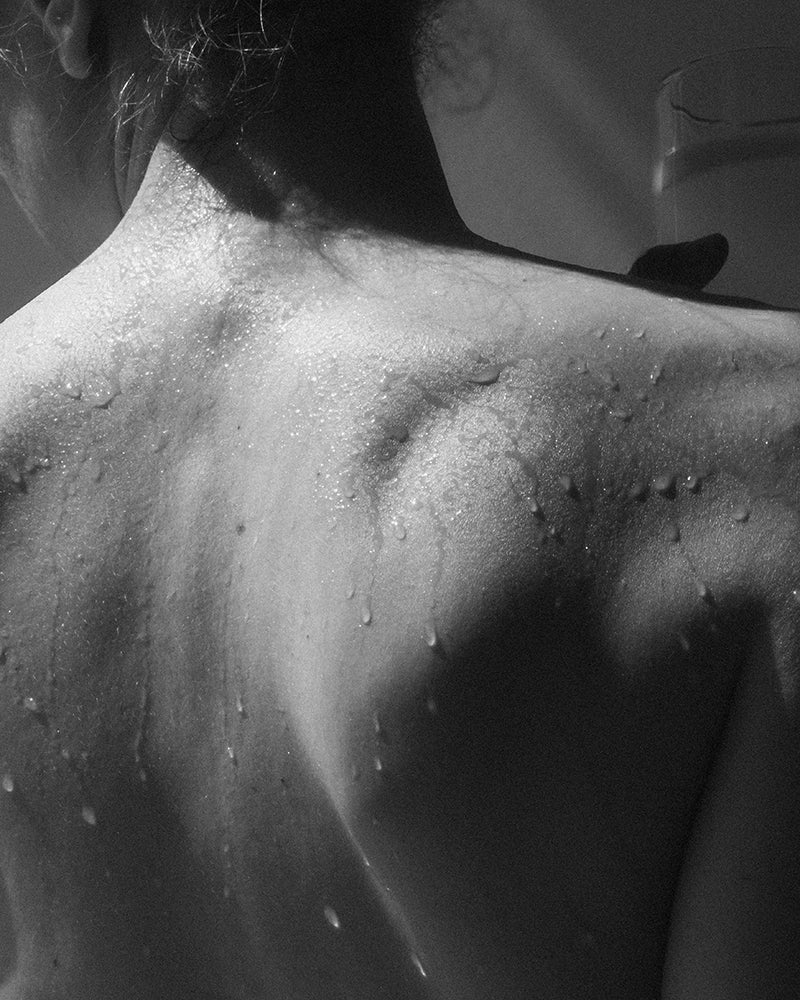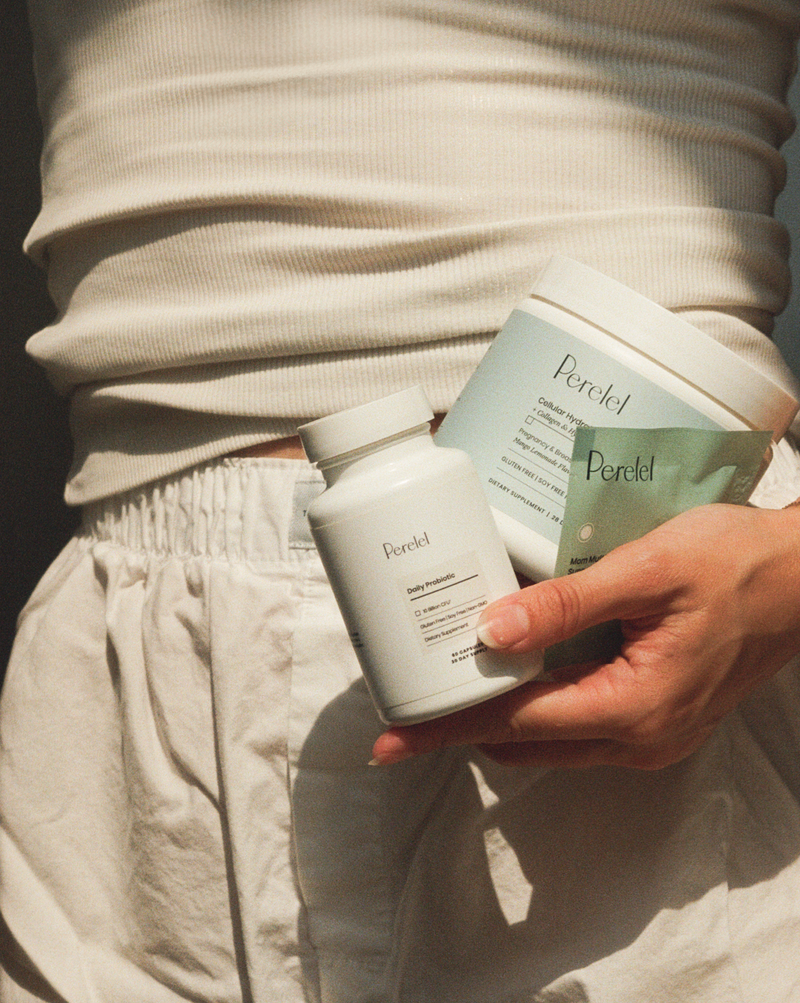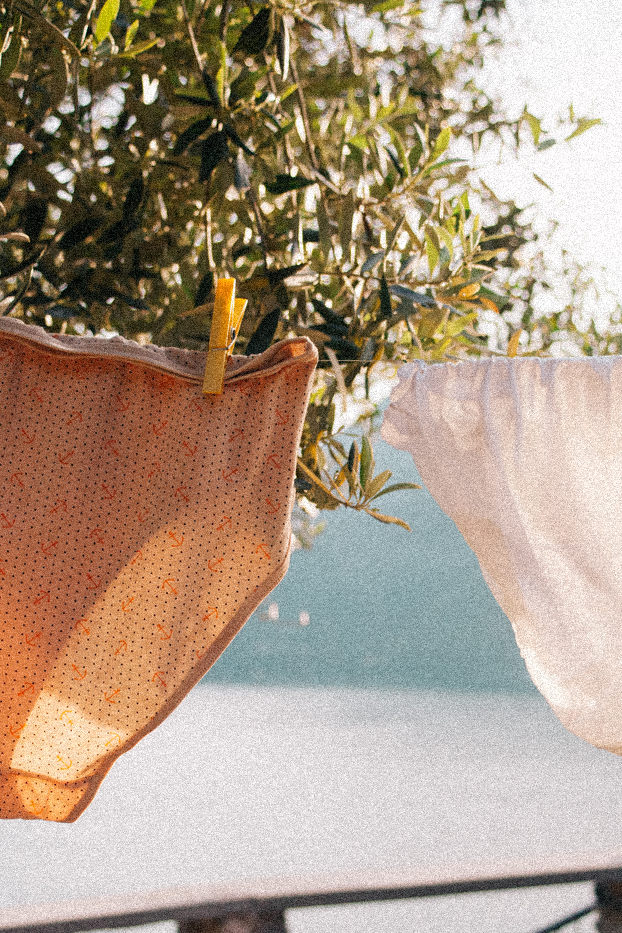You probably already know that taking a probiotic is a great way to nourish the "good" bacteria in your gut—which, in turn, can support everything from your digestion to your complexion to your immune health. But what you might be overlooking is the link between these bacterial communities and your vaginal health.
Your vaginal microbiome plays an important role in the health of your reproductive system—like your ability to fight off yeast infections and bacterial vaginosis. This microscopic ecosystem can be impacted by the ebb and flow of hormones throughout the female reproductive cycle, along with external factors like sex and medication. Let's take a (much) closer look at the microorganisms in your vaginal microbiome—and habits you can prioritize to ensure a healthy balance. Microbiology class is in session.
What is the vaginal microbiome?
The vaginal microbiome is the group of microorganisms such as bacteria, fungi, and viruses that live inside your vagina. (You might also see this referred to as "vaginal flora.")
Folks sometimes have different types of microorganisms and bacterial species in the vaginal microbiome, but healthy people usually have a lot of a specific type of bacteria called Lactobacillus. It produces lactic acid, keeps the pH acidic, and prevents the overgrowth of harmful microorganisms in the vagina.
What affects it?
Some factors that can affect your vaginal microbiome are:
-
Ethnicity
-
Periods
-
Pregnancy
-
Sexual activity
-
Age
-
Hygiene habits such as douching
-
Medication-like antibiotics
-
Birth mode (vaginal or cesarean birth) can affect the vaginal microbiome of newborns
Shop the Article:
How does it affect my health?
The vaginal microbiome has an immune function. It protects you from pathogens or harmful fungi, bacteria, and viruses that can affect your vulva (the outer part of your vagina), vagina, and cervix (the opening of your uterus).
Some common pathogens that cause infections include:
-
Candida which causes yeast infections
-
Escherichia coli, known as E.coli
-
Gardnerella vaginalis, which causes bacterial vaginosis (BV)
Does the vaginal microbiome change as you age?
Yes—the vaginal microbiome composition changes throughout your life. Fluctuations in your hormones during your period and low levels after menopause (when you no longer have your period) affect the microorganisms in your vaginal microbiome.
This is why folks who have gone through menopause have less Lactobacillus bacteria in their vaginal microbiome.
How can I maintain a balanced vaginal microbiome?
Some ways to keep your vaginal microbiome healthy are:
-
Avoiding douching
-
Using gentle fragrance-free cleansers to wash your vulva
-
Practicing safe sex
-
Cleaning sex toys
-
Taking a probiotic
A quick note on that last point—our doctors created Perelel's Daily Probiotic with specific probiotics known to be helpful for gut health, vaginal support and other positive indicators for a healthy pregnancy.
How do I talk about this?
If you suspect your vaginal microbiome is off-kilter, a few things you might say to your doctor are:
“I keep having infections. What can I do to keep my vagina healthy?”
“What probiotics can I take to keep my vaginal microbiome healthy?”
“What cleansers do you recommend for washing your vulva?”
The big takeaway
Your vaginal microbiome is unique to you. It varies depending on genetics, ethnicity, and daily habits—but as with your gut health, there are a few things you can do to help nourish your own micro-environment.

theFolio in Your Inbox
Sign up to receive doctor-backed, stage-specific content in your inbox each week.
References:
- Günther, V., Allahqoli, L., Watrowski, R., Maass, N., Ackermann, J., von Otte, S., & Alkatout, I. (2022). Vaginal Microbiome in Reproductive Medicine. Diagnostics (Basel), 12(8), 1948. doi 10.3390/diagnostics12081948. PMID: 36010298. PMCID: PMC9406911.
- Naas, T. (Ed.). (2022).























